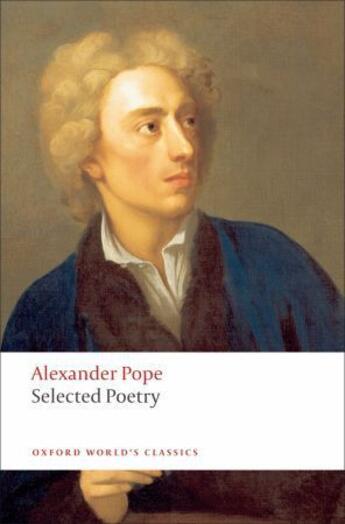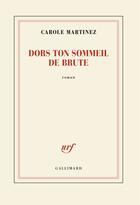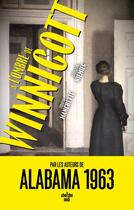-
Date de parution : 01/10/2008
-
Editeur :
Oxford Up Elt
-
EAN : 9780199537600
-
Série :
(-)
-
Support :
Papier
Résumé:
Alexander Pope (1688-1744) is regarded as the most important poet of the early eighteenth century.
An invalid from infancy, Pope devoted his energies towards literature and achieved remarkable success with his first published work at the age of 21. A succession of brilliant poems followed,... Voir plus
Alexander Pope (1688-1744) is regarded as the most important poet of the early eighteenth century.
An invalid from infancy, Pope devoted his energies towards literature and achieved remarkable success with his first published work at the age of 21. A succession of brilliant poems followed, including An Essay on Criticism (1711), Windsor Forest (1713), and his masterpiece The Rape of the Lock (1712). A second period of great poetry was begun in 1728 with the appearance of the first Dunciad. All these works, which exhibit Pope's astonishing human insight, his wide sympathies, and powers of social observation (displayed to greatest effect in his talent for satire), feature in this selection. In his introduction - an eloquent defence of Pope's poetic practice - Pat Rogers argues that we must abandon our Romantic conception of poetry as a record of fleeting and subjective states if we are to understand Pope fully. Instead, we must see him as an accomplished practitioner of the poetry of ideas and of satirical reflection on human society. This collection is chosen from the Oxford Authors critical edition of Pope's major works.
Readership: Students of A-level English, and English Literature undergraduates. Poetry lovers.
Donner votre avis















